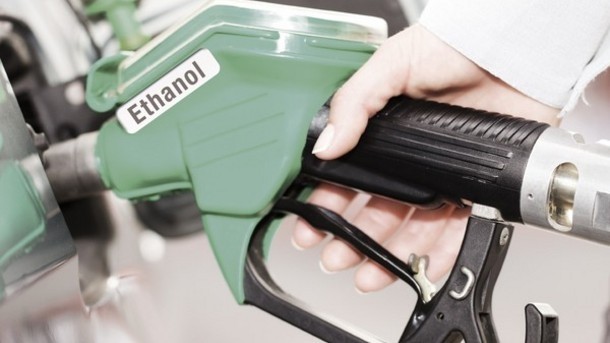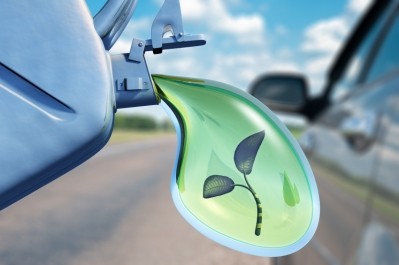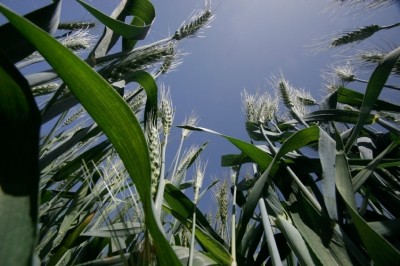7% cap on conventional biofuels is ‘not ambitious enough’

“We believe the agreement should have set a lower capping for conventional biofuels and a higher national target for the production and use of advanced biofuels which do not compete with food-based ones. This would have been a more ambitious agreement,” a spokeswoman at FoodDrinkEurope told FoodNavigator.
Fuelling food prices
Making fuel out of food crops such as corn and maize displaces other crops, forces the clearing of valuable habitats, and can inflate food prices. The Indirect Land Use Change (ILUC) proposal is aimed at limiting the use of food crops for biofuels – often known as first generation or conventional biofuels – and starting the transition to biofuels, made from waste or algae for example, that deliver substantial greenhouse gas savings. It will amend the Fuel Quality Directive (98/70/EC) and Renewable Energy Directive (2009/28/EC).
On 13 June, the Energy Council reached an agreement on the directive, which adopted 7% as the maximum threshold for crop production to be used for conventional biofuels. This was higher than the maximum target of 5% set out in the original Commission proposal, which was supported by FoodDrinkEurope.
The association, which represents the interests of the food industry in Europe, has expressed concern that the targets set by the agreement will continue to trigger further competition with food crops.
“Currently the contribution of biofuels based on food crops is 5% of total transport energy. Therefore the 7% ceiling on food-based biofuels foreseen by the agreement would allow member states to increase these conventional biofuels by more than 40% from current levels,” said the spokeswoman.
No incentive for advancement
The agreed text includes a non-binding target of 0.5% for advanced biofuels, with flexibility for member states to set a lower target if it can be justified.
She argues that this target will not sufficiently stimulate the use of advanced biofuels, which do not compete with food, saying: “Considering the very low 0.5% target proposed for advanced biofuels and the possibility for member states to set an even lower target, member states will not be encouraged to stimulate the production and use of advanced biofuels.”
FoodDrinkEurope would have liked to see a higher sub-target of 2.5% for advanced biofuels, as agreed by the European Parliament in September 2013.
The spokeswoman explains: “Agricultural raw materials used for producing biofuels are the same as those used by the food and drink industry in food and feed production. Therefore, the supply and price of these raw materials are affected by the demand from the biofuels industry. Food, non-food and energy outlets are competing for the same limited resources: water and land. The food industry is thus in many respects competing with the biofuels industry and the major oil companies.”
Once the agreement has been formally adopted by the Council, there will be a second reading by the European Parliament.


















